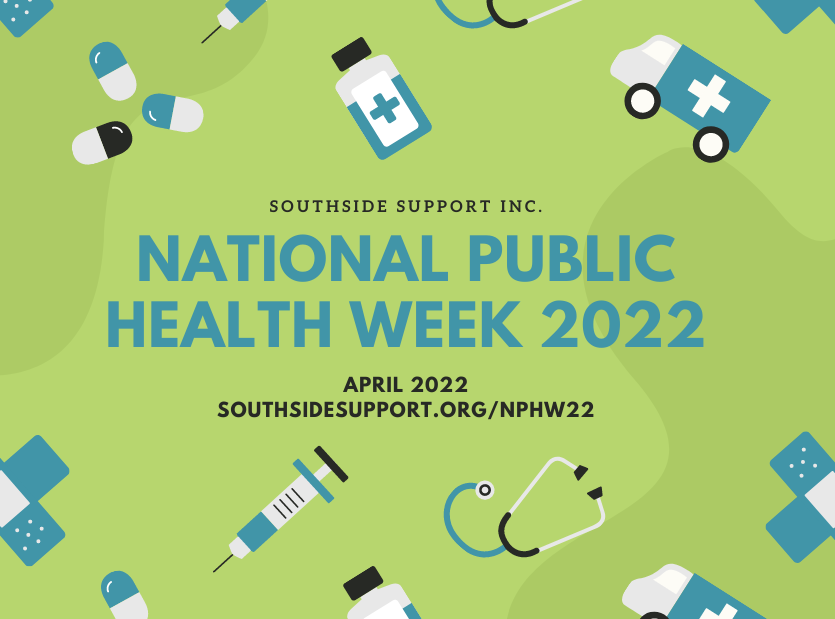Each year, during the first full week of April, the American Public Health Association observes National Public Health Week to recognize the contributions of public health and highlight how the public health field effects our communities. Started in 1955, National Public Health Week works to educate the public, practitioners, and policymakers. Public Health protects the health of individuals by maintaining the health of the communities where we work and live.
Public health workers promote preventative health measures through research and development, education, and setting safety standards. Public health professionals include, but are not limited to, first responders, scientists, nutritionists, community planners, occupational health and safety professionals, policymakers, sanitarians, and more.
Public health works to track disease outbreaks, prevent injuries and shed light on why some of us are more likely to suffer from poor health than others. The many facets of public health include speaking out for laws that promote smoke-free indoor air and seatbelts, spreading the word about ways to stay healthy and giving science-based solutions to problems. Public health saves money, improves our quality of life, helps children thrive and reduces human suffering.
To learn more about National Public Health Week and how to participate, visit nphw.org.

